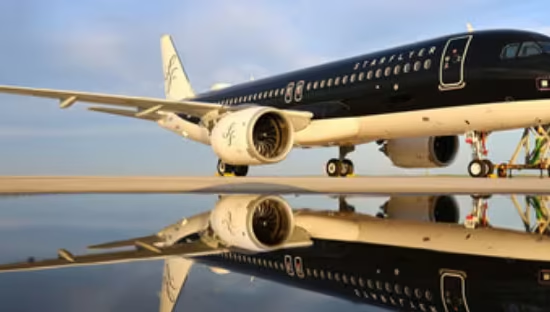
Smaller, Shorter, Smarter: The New Rules of Day Tours in Europe and the U.S.
The latest 2025 Tour Taker report by Arival reveals a powerful shift in how European and U.S. travelers engage with day tours – shorter durations, smaller groups, and flexible schedules. As modern travelers prioritize flexibility and exclusivity, operators are rethinking how tours are designed and delivered.
According to Arival’s study, 69% of travelers took tours lasting three hours or less in 2024. This rise in demand for shorter tours reflects a growing demand for convenience: travelers are seeking experiences that fit into their travel plans and schedules.
Interest in more intimate experiences is also surging. Half of all UK, US and European tour takers booked at least one private tour in 2024. In the US, 50% of travelers chose private formats, while Germany and France led Europe with 55% and 50%, respectively. Tours with groups of six or fewer participants were the most popular format, selected by 50% of Americans and 43% of Europeans.
“Operators of tours and activities put their heart and soul into designing unique, amazing experiences, but there’s also a harsh tour marketing reality,”
said Douglas Quinby, co-founder and CEO of Arival. “Travelers want experiences that fit into their plans, not the other way around. Yes, travelers demand personal, unique, authentic and exceptional, but when it comes to tour selection and booking – convenience and flexibility are paramount. The industry must evolve to meet this demand with smaller, more agile formats and frictionless booking.”
Young vs. Old: How Tour Preferences Differ
The report also delves into significant differences in tour preferences, spend and booking habits across traveler age as well as the U.S. and four key European markets. While younger travelers are driving demand for immersive, experiential tours, older travelers continue to drive demand for more traditional sightseeing formats. This signals a need for operators to expand offerings in more participatory, interactive experiences for the rising generation of travelers.
Meanwhile, booking behavior continues to evolve. Although 72% of US travelers booked tours before arriving at their destination, the majority still book within a week of the experience. In fact, 70% of Americans and 61% of Europeans booked tours less than seven days in advance, underscoring the importance of real-time availability and mobile-first booking platforms.
The 2025 Tour Taker report presents essential insights on the U.S. and European traveler, their behavior, habits, perceptions and intentions for day tours. Arival conducted an online survey of 800 qualifying U.S. active travelers and 1,600 qualifying European travelers (from France, Germany, Spain and the U.K.) in the fall of 2024 on their behavior, preferences, attitudes, and intent for travel experiences, including day tours, activities, attractions, and events.
Alertify comment
The Arival 2025 Tour Taker report not only reflects the changing expectations of travelers but also reinforces a broader market-wide pivot toward personalization, immediacy, and mobile-first access. These findings echo similar insights from Skift and Phocuswright, both of which have reported increasing traveler demand for customizable, last-minute experiences and digitally seamless booking journeys. Phocuswright’s latest “Experiences Traveler” report, for instance, also notes a parallel rise in real-time inventory demand and shrinking lead times, particularly among Millennial and Gen Z travelers.
Major OTAs like Viator and GetYourGuide have already responded by investing heavily in mobile UX, API-driven availability syncing, and curated small-group offerings. Airbnb Experiences, once niche, now caters to these very trends by emphasizing host-led, hyperlocal, and often short-duration activities. The fact that Arival’s data shows 70% of Americans and 61% of Europeans booking within a week suggests a tipping point—where responsiveness, rather than itinerary planning, now determines conversion.
The path forward for tour and activity providers is clear: operational agility, differentiated product design, and real-time digital infrastructure are no longer optional—they are the price of admission. Operators who cling to legacy models of large-group, fixed-schedule tours risk falling behind. Instead, the winners will be those who create modular experiences, build dynamic pricing and availability systems, and market to diverse traveler segments with nuance and speed.
The tour industry is being redefined not by flashy tech, but by traveler control, and Arival’s report is a timely reminder that experience design must now begin with behavioral data—not just creativity.
About Arival
Arival is the leading events and intelligence platform for the in-destination experiences sector. Through its conferences, research, and online community, Arival provides valuable insights and networking opportunities for industry professionals.









